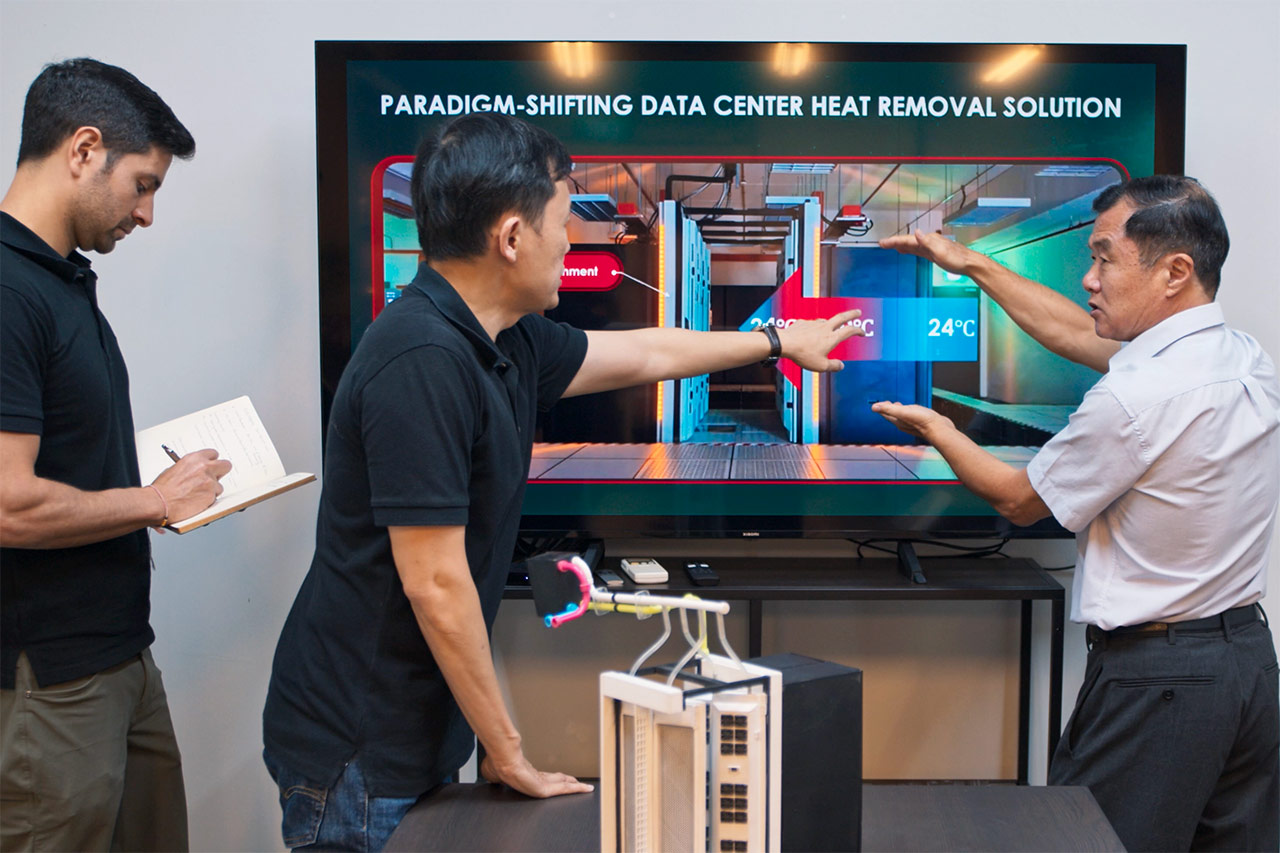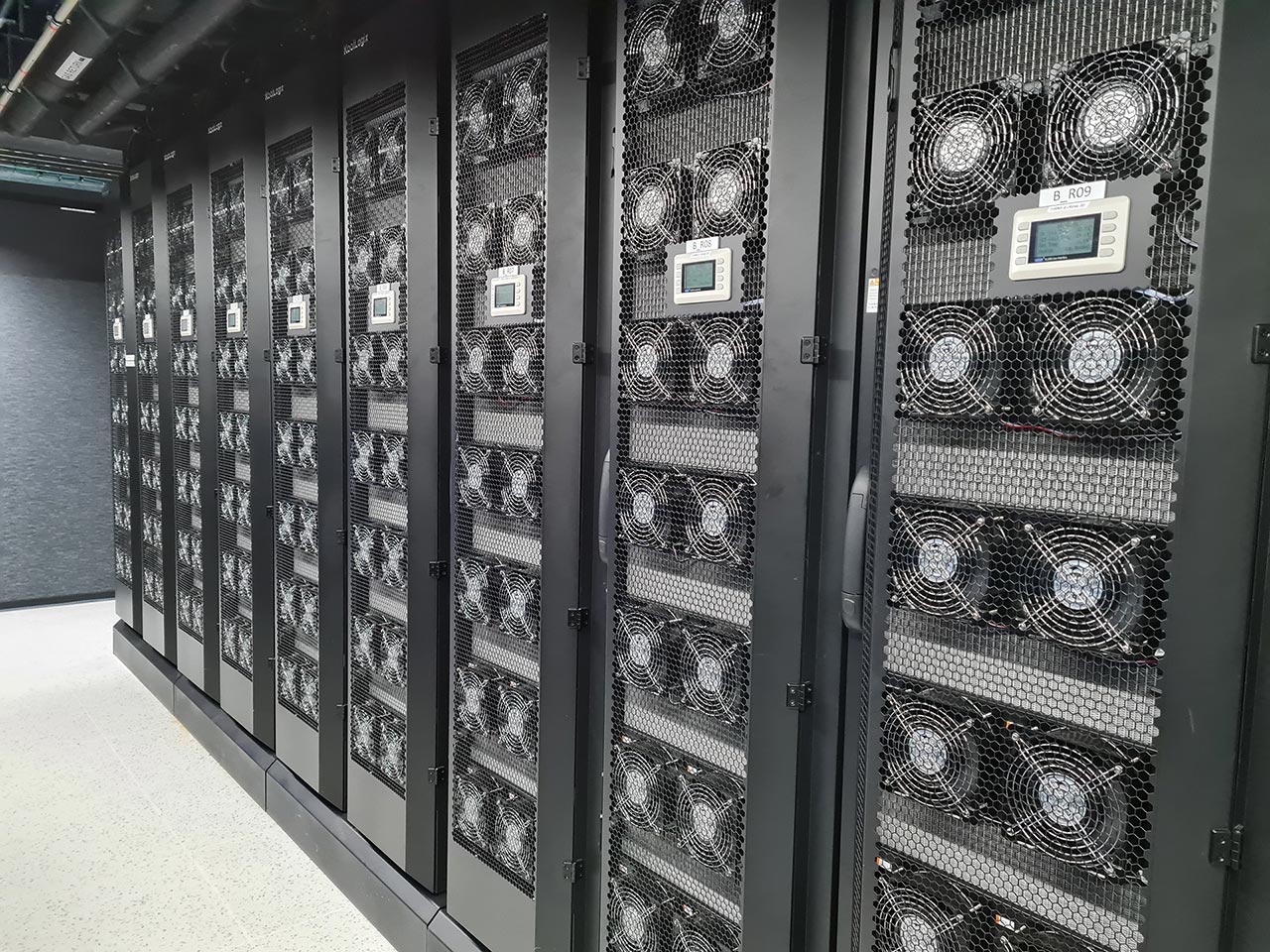To become a thermodynamics engineer, you need a bachelor’s degree in chemical engineering, mechanical engineering, aerospace engineering, or a related discipline, though many employers seek candidates with a master’s degree or doctorate. You also must be proficient with computer drafting software, thermal modeling, and similar analysis tools. Employers often require industry-specific skills. For example, aeronautics companies prefer candidates who know how to design aerospace thermal control systems and are familiar with spacecraft or upper stage pre-launch, ascent, and on-orbit thermal analysis and thermal design. Additional qualifications include excellent communication and problem-solving skills. Some positions may also require you to travel.
Successfully deployed in data centers like OCBC, the solution delivers measurable outcomes – achieving carbon emission reductions, significant energy savings,





